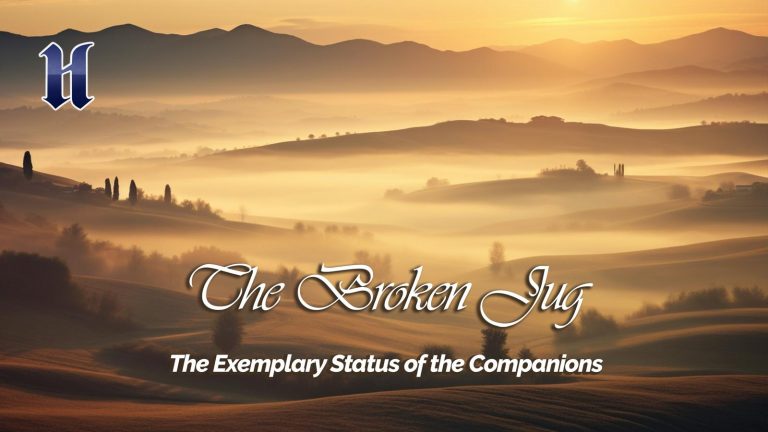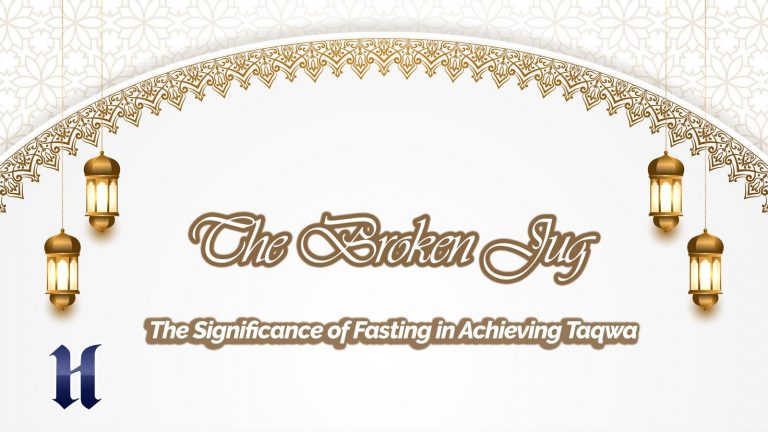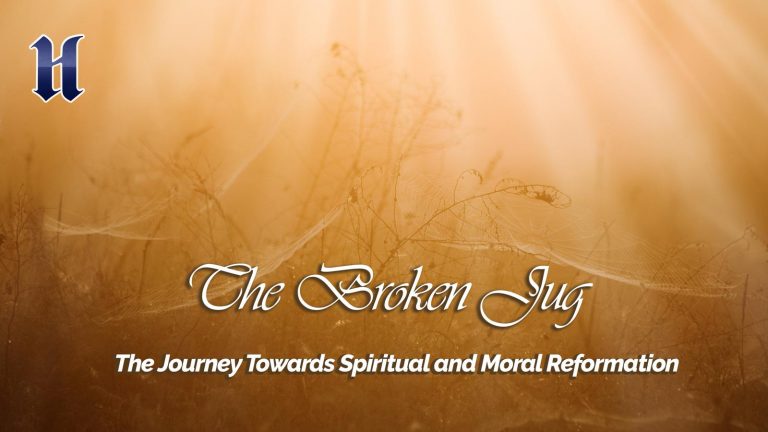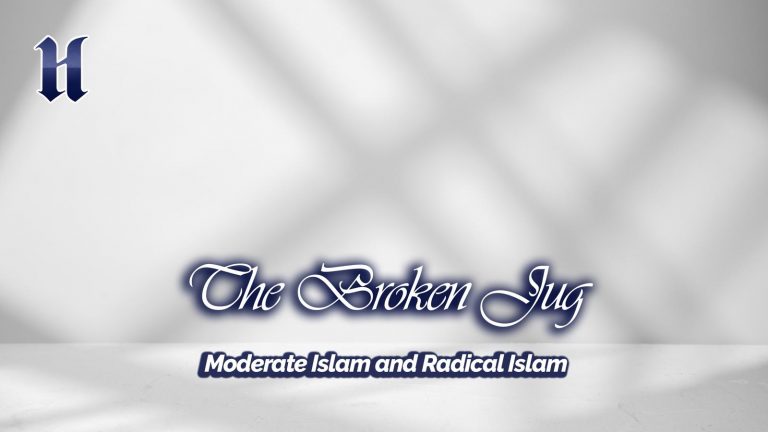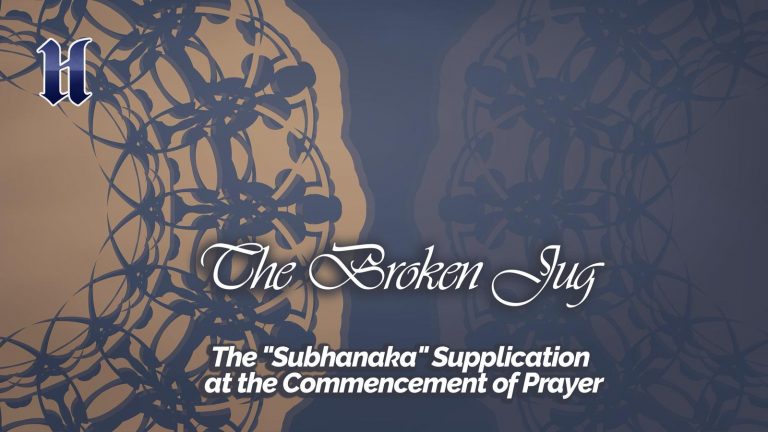Question: Islam contains the principles for leading a completely “balanced” life. From this perspective, what is your evaluation of the place and position of the state in terms of the relationship between society and the state?
Answer: In certain periods of history, some states were openly sanctified and accepted as holy. For instance, under pressure from the palace and by means of some clerics, the Roman Empire was transformed into the “Holy Roman Empire.” It was recorded in history as an example of a theocratic system.
The administrative system of the Holy Roman Empire was not established based on Holy Scriptures or Divine sources; rather it was a system based on laws born of rulings made by clerics according to the circumstances of that period. In that system, the state was subject to the political dominance of the clergy, whose essence was the superiority and authority of the church fathers, the absolute resemblance of a theocratic regime. Sanctification of the state also occurred in later periods. In different geographies, certain circles virtually sanctified the state as a reaction to attacks against the state and the government, including some countries where the majority of the population is Muslim.
The Purpose of an Ideal State
However, there is no such thing as clergy in Islam; the words of religious scholars cannot be Divine decrees and the laws they produce of their own will cannot have any validity. Islam has no place for a clerical elite or a “holy state” that is sanctified by the clergy.
In the Islamic system of thought, the state is not a purpose; it is a subsidiary means of letting people attain happiness in both worlds. Its duty is to prepare the grounds for a life in which people can find peace and happiness in this world and the next.
In addition, the system we refer to as a “state” is a system formed by people coming together. Therefore, that state’s degree of closeness to or distance from truth and justice depends on the people who make up that system and their degree of being close to or distant from truth and justice.
Any state may not thoroughly carry out its duty all the time or may make mistakes in this respect. With the exception of the Rightly Guided Caliphs, states of every period have made certain mistakes and had certain shortcomings. So had the Umayyads or the Abbasids. As the Ilkhanids, Karahanids, Zangids, Ayyubis, and Seljuks made mistakes with respect to the duty of the state, the Ottomans, who served as a means of peace and security in a very wide region for four centuries, also made mistakes more or less in this regard.
Chaos Does Not Lead to Order
At this point, it is necessary to keep away from extremes, and look at the issue with general principles and a holistic view. While evaluating individuals, Islam applauds and rewards their goodness, and advises against evils and acts that will incur punishment in the afterlife. At the same time, Islam does not completely condemn a person to nonexistence for committing certain wrongs. For example, from an Islamic perspective it is possible for a man of faith to sometimes make mistakes or commit sins or ugly acts despite this. However, these ugly acts do not necessarily push that person out of the sphere of faith. As long as that believer does not believe his sins are lawful, he remains a believer. On account of the sins he committed, such a man will be an evildoer, a shameless dissolute or an oppressor but still a believer. Accordingly, both a nation and a state are made up of individuals who make mistakes and commit sins. Therefore, as states—just like individuals—may perform well and deserve applause, they may also make disagreeable mistakes and commit wrongs.
As far as a state complies with rights, laws, and justice, it is respected, its performance is applauded and it is supported. On the other hand, when a state openly commits oppression and injustice, it is not possible to remain silent saying, “The state is sacred, it must be respected.” On the contrary, it is necessary to make efforts to prevent oppression and injustice, within the framework of the law and regulations. However, it is necessary to show utmost scrupulousness at this point. With matters that concern an entire society, it is necessary to avoid harming others while trying to correct a wrong, to avoid forming a vicious cycle of wrongs. It is not possible to resort to methods that upset law and order while trying to make up for the wrongs of the administration; it is not possible to resort to illegitimate ways. A believer is a representative of security, trust, law and order on earth. Believers always act within a framework of laws. They know that chaos does not result in order; only order results in order. If you wish to have regulation, orderliness and peace, you must be orderly and work within this framework.
In this respect, genuine believers must always help legitimate and lawful order, and give every kind of support to the state they belong to in terms of maintaining peace, law and order. Some anarchistic souls who wish to cause damage to the state, to weaken it and to take advantage of its weakness, must never be given an opportunity. If anarchy prevails in a country, if disorder and chaos prevail in the streets and markets, then nobody will be safe in that chaos; whirlpools of anarchy will take everybody away and the nation and state will also drift away. After that, you cannot prevent destruction from occurring. At the same time, even if you have elevated ideas and inspiring projects for the state, it will not be possible for you to realize them upon its ruins. If your aim is to progress towards perfection, you still have to begin with what is in hand. You cannot reach perfection after hurling it into chaos. Reaching perfection and attaining the best are both gradual matters. Reaching the most perfected state takes gradual progress. Toward perfection taking one step, one more step, one more step… In this respect, supporting the state in terms of correcting wrongs and letting statesmen know about any promising projects must be the hallmark of a believer.
Is the State against Us?
You may say, “Most of the time, even the most constructive acts are meeting opposition. They have a cynical view of even the most innocent services!” I am not of the opinion that the establishments constituting the state are against you or me, or against this or that person. Certain people in certain positions who continually make a fuss and try to block out others with their noise, and whose noise is so far beyond their positive acts, may appear to you as the state. It is not the state that is against you; it is a malicious network of opportunists nested within the state that is against you. Therefore, it is a great mistake to see a very important establishment with vital significance for the nation as being against you. Making such a mistake, seeing the state as ugly, defaming it, and making continual criticisms of it is the second great mistake.
On the other hand, the officials who love their country and people, who act within a universal framework of law and order, do not object to any good works we try to perform but on the contrary, they applaud and support all of these efforts. After all, we are individuals whose hearts beat with love for the people, who have tender heart for all of them, and think of nothing but serving the people. If we had even the slightest consideration of personal benefit for ourselves, our relatives or loved ones, let them prove that. Then we will begin to reside in a never-never land and they will have gotten rid of us. But nobody will ever prove that, for we did not have the slightest consideration of personal benefit. There has not been anything but God’s good pleasure that we ambitiously sought. We did not think of gaining that by any other means than making the exalted name of God Almighty wave like a flag in the four corners of the world. Let the world know it once more. Praise be to God, we are beyond reproach in this respect. We have not had—and God willing—we will not have any other consideration than hoping God Almighty will be well pleased with our efforts on the path of serving the people and humanity.
In this respect, nobody has the right to be against us and to not want us. There may be some who have unknown caprices and vulgar feelings and who view virtues as their own exclusive property, who might say: “How dare such and such make important worldwide achievements? No matter what achievement is made in whatever part of the world, it must be ascribed to us, it must be declared to be one of our deeds.” If there are such mentally ill ones within the state, they are the ones who are disturbed. It is not right to hold negative thoughts about the entire state establishment just by looking at a bunch of unstable people and by fixating on an ugly attitude held by an oligarchical minority.
Allegations and Living in Far Lands
Question: While this is your view of the state and statesmen in general, a view that attracts heavy criticism from some religious people, some circles still allege that you are “a person who tries to divide the state.” How do you evaluate that?
As I am not the first sufferer in this regard, I will not be the last one either. The history of humanity is full of examples of such sufferers. After carrying out his mission on land, Prophet Noah, peace be upon him, undertook a terrifying voyage on the sea as well. When he was not allowed travel on land, he continued his way over water, departing from his place of origin and landing on top of a mountain in resignation to the Divine decree. Prophet Abraham, peace be upon him, made successive holy migrations to the lands of Babylon, Hejaz and Canaan. Prophet Moses, peace be upon him, migrated from his home to the palace of the Pharaoh while he was in the cradle. Later, he kept shuttling between Egypt and al-Aykah. Jesus began his travels while he was in the arms of his blessed mother, and he passed from all bridges the previous Prophets had. Some Prophets as Zechariah and Yahya (John the Baptist), peace be upon them, did not even find an opportunity for migration but they were executed as soon as they were caught. God’s Messenger, peace and blessings be upon him, departed from Mecca when the time came for the holy migration, which is the shared destiny of Prophets and saintly persons. From the cave in Mount Thawr, he once more looked at his village and said: “O Mecca! Had my people not driven me out, I would never depart from you.”[1] Then he proceeded to the destination of his migration with sorrow.
Travelers on the path of glorifying the Name of God have not been free from trouble for a moment. Imam Abu Hanifa was disrespected and thrown to prison; he endured a life of suffering. For years, Ahmad ibn Hanbal was mistreated like a worthless person and he underwent the worst tortures. Sarakhsi had to write his masterpiece, Al-Mabsut, at the bottom of the well in which he was imprisoned. Bediüzzaman expressed the ordeal he was subjected to as follows:
“I have known nothing of worldly pleasure in my life of over 80 years. Each and every year of my life passed on battlefields, in dungeons of exile or in the prisons and courts of the state. There is no pain that I didn’t suffer from or any torture that I didn’t agonize. I was brought to court-martials and treated like a murderer. I was sent from one exile to another like a vagabond. I was prohibited from communication for months in rural prisons. I was poisoned many times over. I endured various kinds of insult.”[2]
Troubles, suffering and isolation… this is the shared destiny of those on the path of communicating and representing the message. The present condemnation I face is a situation almost all of my predecessors were subjected to. At this point, I should clarify how I view myself against the accusations of some who have poor understanding and some who are experts of distortion: In no way do I see myself as being like the Prophets or saintly persons I mentioned. I am simply mentioning their names and what they went through, for they are examples and guides for every believer. Following their path and imitating their lives is a means of deliverance for us.
I am an ordinary person who is aware of being a weak and needy servant of God. Therefore, some allegations are surely so sorrowful for me. They weigh so heavy on my soul, but in spite of everything a believer must be equipped with Divine morality. Remember that God Almighty does not disown His rebellious servants who are captivated by sins but feeds them as well. A believer should approach others from the same perspective. Even when feeling suffocated in the face of oppression, one should leave those transgressors to God. One should say, “My God, we leave those who treat us with antagonism to You.” It is necessary to concentrate on the tasks we need to carry out without being distracted by or busying our mind with this or that; it is necessary to keep up our upright stance on the righteous path.
[1] Sunan at-Tirmidhi, Manaqib, 68; Sunan Ibn Majah, Manasik, 103; Ahmad ibn Hanbal, Al-Musnad, 4:305.
[2] See: Nursi, Bediüzzaman Said, Tarihçe-i Hayat (Biography of Bediüzzaman Said Nursi), İstanbul: Şahdamar, 2010, p. 616.
This text is the translation of “Toplum-Devlet İlişkisi Üzerine Bazı Mülâhazalar.”


